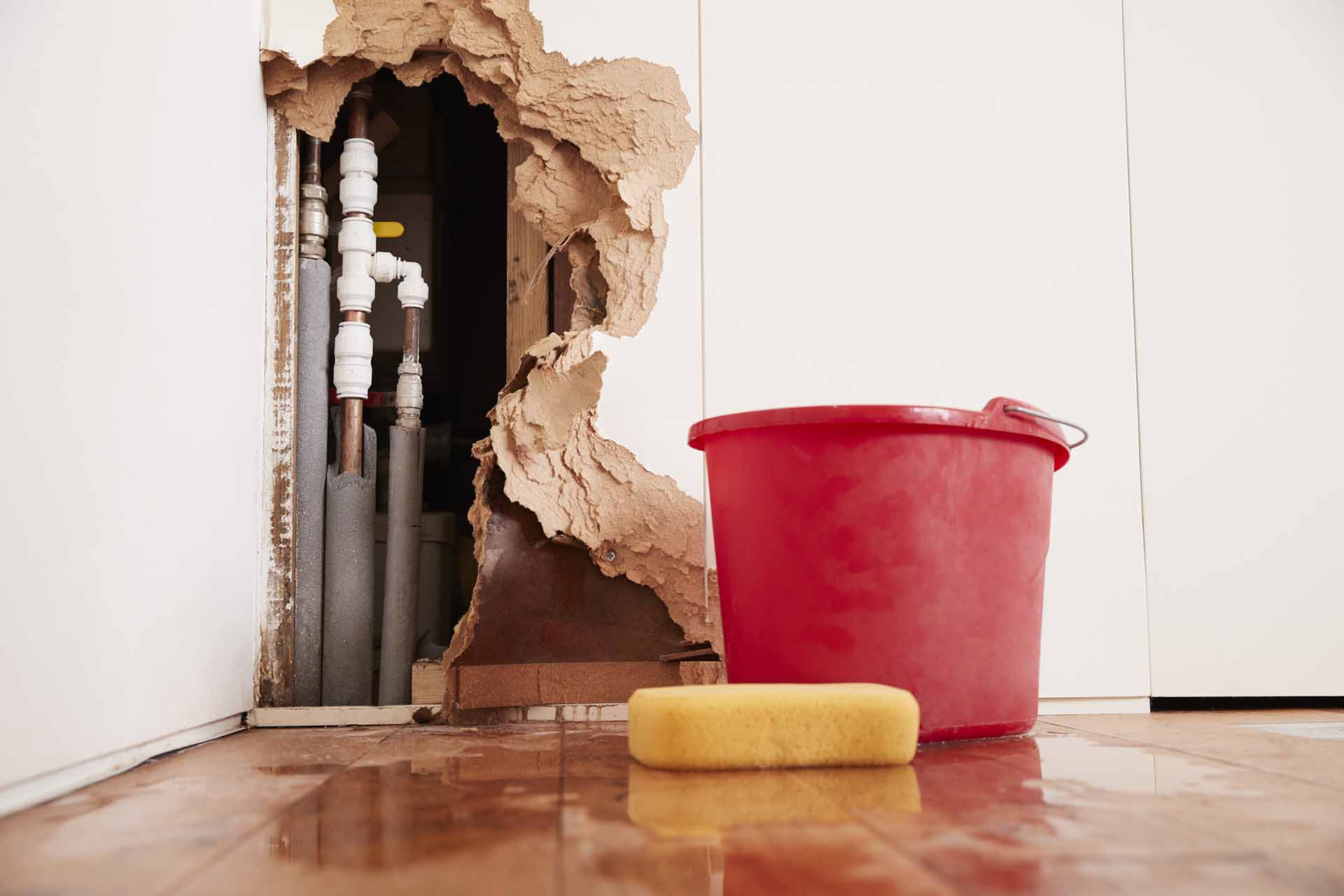Water can enter your home from several sources such as plumbing issues, cracks in your foundation, sewer backup, and so on, and it should come as no s
Water can enter your home from several sources such as plumbing issues, cracks in your foundation, sewer backup, and so on, and it should come as no surprise that water can cause serious damage to your home. Chances are that you will be most likely to see signs of water damage in basements, as this is the lowest point in your home.
Here are a few key indicators that you may have water damage:
-
Odour
Even if you don’t see water in your basement, you should be able to smell it. Moist spots in your basement will lead to mold, and this combination creates a musty odour. You may only be able to smell this musty odour close to the water damaged area, as this odour is usually concentrated around the source. Over time, however, the odour will increase in strength as the area affected expands. If you notice a musty odour in your basement, especially after a major rainfall or snowmelt, you should investigate further to find the cause. This is certainly a sign of an issue in your basement.
-
Mold
As noted above, mold will grow in damp parts of your home. If you had a pipe burst and the water wasn’t cleaned up properly, chances are this will lead to mold growth. Mold isn’t always visible as it can grow and spread on the backside of your drywall. Look for small black or white specks, as this is how you can normally notice mold. There may also be a musty smell in the area, which is a good indication of mold growth.
-
Damp Areas
This one seems pretty obvious, if you come across an area that has watermarks or is damp this is a cause for concern. If your basement is unfinished, it is easier to spot damp areas on your foundation walls and concrete floor. However, if your basement is finished you can look for dampness around the floor drains for signs that water is entering your basement.
-
Distorted Walls and Floor
Many of the materials used in finishing your basement can absorb some degree of moisture, as the material saturates it may begin to bubble, bow, or lift. You may not notice the change early on, but over time the distortion will become more visible, this should be investigated further as you need to find the point of water entry and stop it. As well this material that absorbed water, will more than likely need to be replaced as mold is sure to begin to grow, if it hasn’t already.
If you find any of these signs, do not delay calling a basement waterproofing and restoration specialist. A professional will have the experience and knowhow to locate the cause of the issue and repair it. If you let the issue fester, you are only allowing for the water damage to spread to a larger area, resulting in a larger restoration project and cost.


COMMENTS